Successful Soundchecks: 5 Essential Tips for Bands
Get the most out of your next soundcheck.
The soundcheck is one of the most important parts of any musician’s gigging day, yet the word “soundcheck” will have most musicians rolling their eyes. To take the hassle out of soundchecking, here are 5 essential soundcheck tips for gigging musicians that will make the whole thing a lot smoother.
Successful Soundchecks: Communication
Even when you show up early, the FOH engineer will likely be busy prepping the stage. Try to catch him/her on a break and have a designated band member, preferably the most tech-savvy one, introduce themselves and establish some sort of rapport. This will help make the engineer’s job easier, and the soundcheck process will run more smoothly.
Keep your communication clear and concise, and listen carefully to any instructions from the engineer. If you need to make adjustments to your monitor mix, be as specific as possible so that the engineer can make the alterations quickly and effectively. “Can I get a little more vocals in this monitor, please?” rather than “This mix sucks!“
If you are the designated gear-savvy liaison, try to ensure that the band doesn’t fiddle with pedalboards or tinker around on the drum kit while the engineer is trying to talk. Be patient if he or she needs to tweak the positions of any mics on stage; at the end of the day, letting them do their job will help your band sound better, which is a win/win situation.


Successful Soundchecks: Check the Vocal Mics First
Wouldn’t you check the vocals last? No, because checking at least one vocal mic first gives you a way to talk to the engineer, without shouting, making hand gestures, or sending smoke signals. This is a great starting point, and the engineer will appreciate the logic. A band setting up and plugging in their instruments can quickly descend into chaos, so try to be methodical.
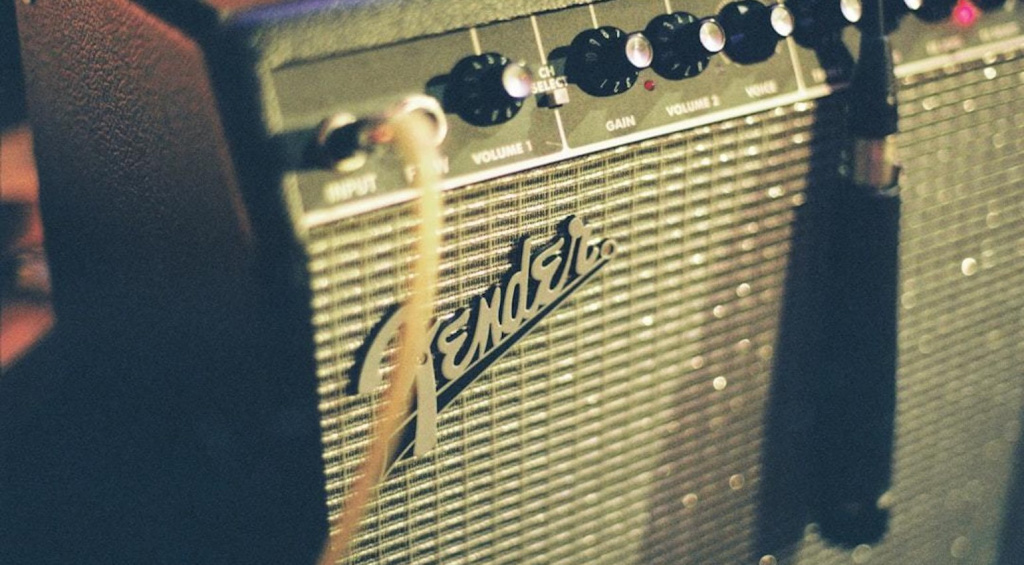
If possible, provide the engineer with a stage layout plan and an input list in advance. This way, the engineer will know exactly how many channels are needed for each instrument and where to angle the monitors for the best results during your performance. Also, this means that any idiosyncrasies and unusual signal routings are accommodated; all you need to do is stick to the plan.
If you have one or more guitars in your band, always ensure that each setup has the ability to send a DI signal to the FOH mixer. Although amps look cooler, they won’t deliver the same consistent results in every venue, and some venues provide amps. By having a pre-processed DI signal with your tone settings, you can ensure your sound is maintained whether you use amps or not. This is why amp simulation solutions from manufacturers like Fractal Audio, Neural DSP, and Line6 are so popular.

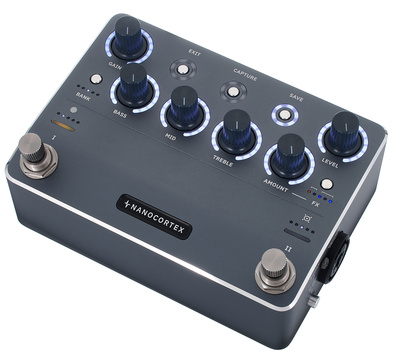
Successful Soundchecks: Efficiency is Key
It’s important to take into account the type of gig you’re playing and have the most streamlined setup possible. Whether you’re playing a festival or club night, there will be other bands on the lineup, so you need to be able to get on stage and set up quickly, so the engineer can move on swiftly to sound-checking the next act.
This means that the experimental setup that you used on your last record with 2 drum kits and 6 guitarists will have to be downscaled unless you’re headlining in an arena. Every band member has a sound on stage, so only include the essential gear to make this happen. An easier stage to manage makes everyone’s lives easier, and you’ll have less to carry.
When preparing for a gig, always plan for a worst-case scenario. This means packing spare batteries, cables, strings, drumsticks, and a healthy roll of gaffer tape just in case. You never know what can happen on the night, so don’t rely on the venue or other bands when you need to borrow something for your show.

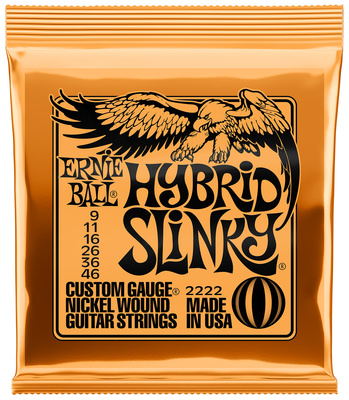
Successful Soundchecks: Monitor Mix
Remember that getting a high-quality monitor mix is the primary objective of your sound check. Whether you use stage wedges or high-end in-ear monitors, being able to hear yourself and your bandmates is essential for staying in time and gauging the dynamics of the performance.
The venue will provide at least one monitor mix to work with. So if that’s all you have, it’s in your interest to work with the engineer and ensure this is the best it can be. Don’t be afraid to make adjustments or ask the engineer for changes. You want to be completely relaxed and confident during your performance, without technical issues even entering your mind.
Because so many venues use either Behringer X32 or Midas M32 digital consoles, it makes it possible to add your own P16-Hq personal monitoring mixer to your stage setup, provided the venue console has an ULTRANET output and routing to the stage. This makes in-ear monitoring even more worthwhile, as you can customize your mix to suit your preferences.

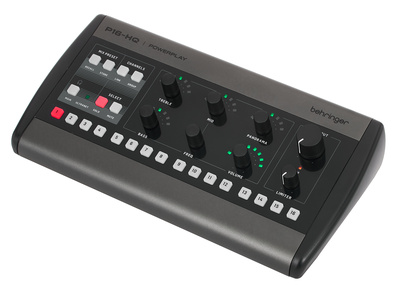
Successful Soundchecks: What to Play during Sound Check
When the engineer says, “hit it!”, it’s time to run through a part of one of your songs, but which one? Well, your opening track or the main “centerpiece” track in your set will do fine. There’s no need to play through the whole song; just take it from the pre-chorus, so the engineer can immediately get an idea of the extremity of the dynamics.
Make sure that you’re performing at the same level as if the venue were packed to capacity. This will help the engineer iron out any feedback issues. At this point, there’s no need for showboating or extended guitar solos; just play until the engineer is satisfied and listen carefully to the monitor mix and ensure all your bandmates are comfortable with the sound.
Don’t be afraid to request level changes until everyone is happy. Remember, this part of the show isn’t about egos or who’s right, it’s about working together to play the best show possible for your fans. If you’re new to this, be sure to take note of the aspects that worked well so that you can repeat and refine your formula.
More about Successful Soundchecks:
*Note: This article contains affiliate links that help us fund our site. Don’t worry: the price for you always stays the same! If you buy something through these links, we will receive a small commission. Thank you for your support!
One response to “Successful Soundchecks: 5 Essential Tips for Bands”

 1,6 / 5,0 |
1,6 / 5,0 | 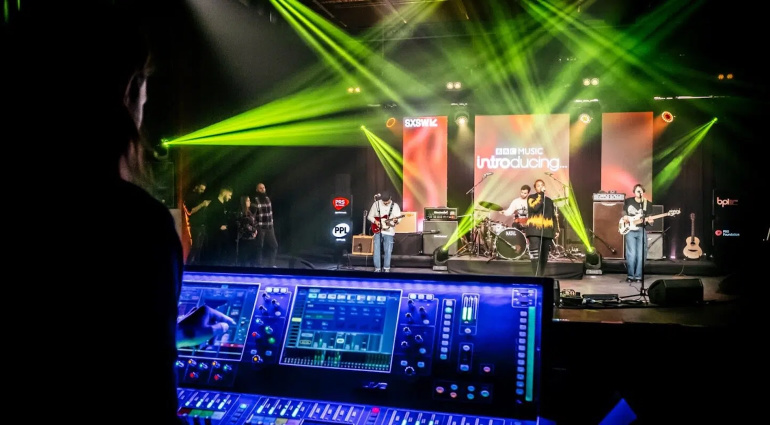


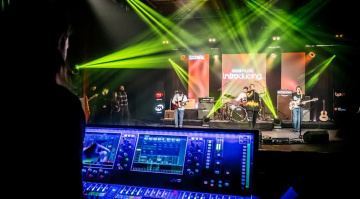

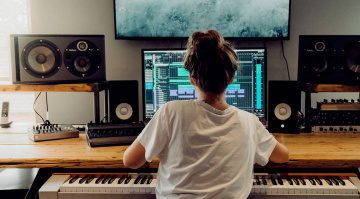
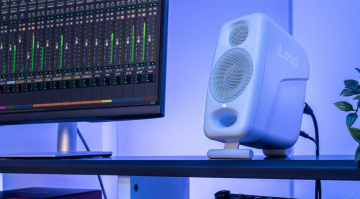

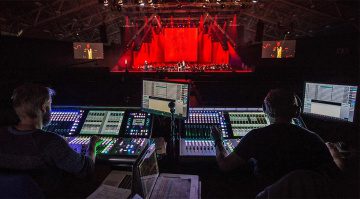

Consider bringing your own rack mixer such as an X32 that is already configured for your entire band. Everyone plugs into that mixer which then just sends the mix to FOH. Then all you need is a line check and to EQ the room itself.
Side benefit – major reduction in stress levels. I’ve toured for four years in the US, Canada, Europe and Japan using this setup.
Extra points if you can get your guitars and bass players to skip using amps and DI right into that mixer.